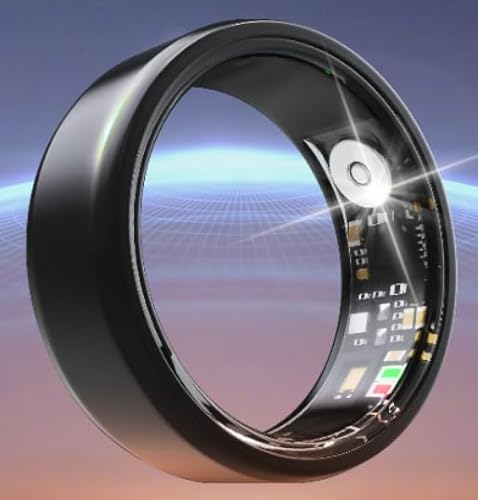B
bud4wiser
Since this is my first post - I wanted to start off by thanking all of you for your contributions to the forums. I've been all over the Internet, searching both public websites and professional journals, yet I found information in these forums more helpful and understandable than anywhere else.
Secondly, I feel slightly embarrassed, in the sense that I am relatively healthy, and hope to live long enough to never become a heart valve replacement candidate. So please ignore me if that bothers you.
My questions have to do with the fact that I am uninsured and "underemployed" to the extent that I cannot afford to have many [any] diagnostic tests to determine my current heart health.
I've had a single echocardiogram 20 years ago that resulted in a diagnosis as aortic stenosis/insufficiency. I've read a lot about aortic heart disease and understand that often symptoms do not become severe until late in life.
I've been very active all my adult life, and am wondering if there is any "downside" in continuing really vigorous, extreme exercise.
In other words, at the age of 52, am I better off avoiding intense exercise involving maximum heart rates and focusing on simply controlling diet, weight and blood pressure. Or can intense exercise continue to delay the onset of symptoms due to valve disease?
Exactly what kind of diagnostic tool/protocol would best answer this question?
Can anyone point me to other resources? Does anyone have info on medical trials or schools that need diseased individuals for study and assessment without liability?
Thank you.
Secondly, I feel slightly embarrassed, in the sense that I am relatively healthy, and hope to live long enough to never become a heart valve replacement candidate. So please ignore me if that bothers you.
My questions have to do with the fact that I am uninsured and "underemployed" to the extent that I cannot afford to have many [any] diagnostic tests to determine my current heart health.
I've had a single echocardiogram 20 years ago that resulted in a diagnosis as aortic stenosis/insufficiency. I've read a lot about aortic heart disease and understand that often symptoms do not become severe until late in life.
I've been very active all my adult life, and am wondering if there is any "downside" in continuing really vigorous, extreme exercise.
In other words, at the age of 52, am I better off avoiding intense exercise involving maximum heart rates and focusing on simply controlling diet, weight and blood pressure. Or can intense exercise continue to delay the onset of symptoms due to valve disease?
Exactly what kind of diagnostic tool/protocol would best answer this question?
Can anyone point me to other resources? Does anyone have info on medical trials or schools that need diseased individuals for study and assessment without liability?
Thank you.






















